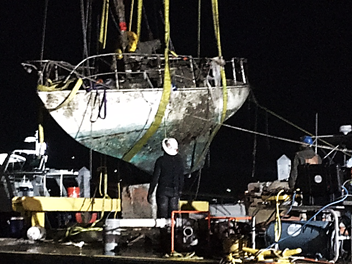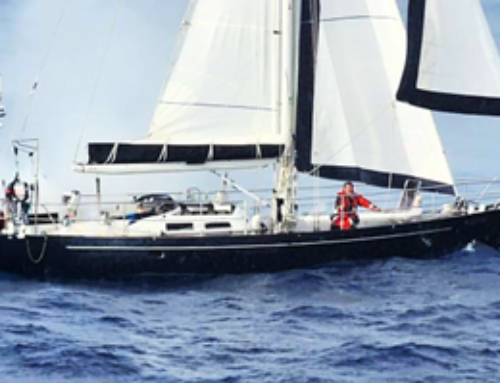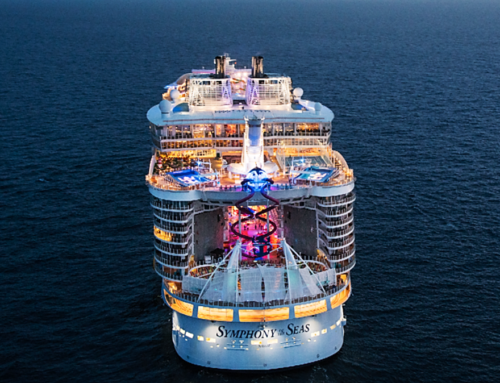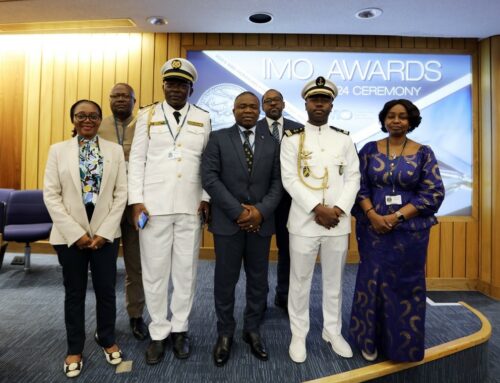Good News! How the Tide is Turning to Create the Cleanest Coast in the U.S.
 The allure of South Carolina’s coastline is undeniable, with pristine beaches drawing visitors from around the globe. Among its gems is the Grand Strand, a breathtaking 60-mile expanse of sand that includes the famous Myrtle Beach, which annually attracts over 17 million tourists. But this paradise faces a silent crisis that has been accumulating for the past 30 years: derelict boats and marine debris litter its tidal areas and marshes, posing threats to both navigation and the environment, disrupting local marine life. As maritime personal injury lawyers, we value the health and safety of all ocean-goers, and find this situation very concerning.
The allure of South Carolina’s coastline is undeniable, with pristine beaches drawing visitors from around the globe. Among its gems is the Grand Strand, a breathtaking 60-mile expanse of sand that includes the famous Myrtle Beach, which annually attracts over 17 million tourists. But this paradise faces a silent crisis that has been accumulating for the past 30 years: derelict boats and marine debris litter its tidal areas and marshes, posing threats to both navigation and the environment, disrupting local marine life. As maritime personal injury lawyers, we value the health and safety of all ocean-goers, and find this situation very concerning.
However, some have resolved to combat this environmental menace, aiming to render the South Carolina coastline the first in the nation to be completely cleared of debris and hazards. Fourteen years into this mission, this goal has been nearly achieved.
The narrative of this cleanup effort is best described by the efforts of Wounded Nature Working Veterans, a non-profit organization working to remove unsightly and dangerous debris from the shores of the Grand Strand. Under the direction of former US Marine Rudy Socha, and with the aid of the marine towing company TowBoatUS, Wounded Nature engages in meticulously – coordinated salvage operations, but not without taking on considerable risk.
 The cleanup process can become a logistical nightmare, requiring careful cooperation with law enforcement, engagement of stakeholders, and the securing of funding. With recovery costs potentially soaring to $25,000 per vessel, the initiative relies heavily on donations, volunteer efforts, and partnerships with organizations like Moran Environmental Recovery to responsibly dispose of the hazardous materials, including gas, sewage, and lead ballasts salvaged from these derelict crafts.
The cleanup process can become a logistical nightmare, requiring careful cooperation with law enforcement, engagement of stakeholders, and the securing of funding. With recovery costs potentially soaring to $25,000 per vessel, the initiative relies heavily on donations, volunteer efforts, and partnerships with organizations like Moran Environmental Recovery to responsibly dispose of the hazardous materials, including gas, sewage, and lead ballasts salvaged from these derelict crafts.
Captain Rudy Socha, a veteran in tackling disposal challenges, founded Wounded Nature Working Veterans in 2010. He draws from decades of experience, including leading a groundbreaking radioactive waste cleanup he completed significantly under budget and ahead of schedule. Captain Socha has since directed his efforts towards clearing rural and inaccessible coastal areas, making significant strides in removing over 2,800 abandoned crab traps, hundreds of tires, many thousand bottles and cans, over 52 dumpsters worth of assorted debris, and finally addressing the issue of derelict boats.
Many boats are abandoned due to financial constraints, maintenance issues, or in the aftermath of natural disasters. The challenge is compounded by bureaucratic hurdles and liability issues, as once an entity becomes involved in the cleanup, they may be forced to assume financial liability. Government funds also largely do not cover this kind of work. Even in the private sector, less than three percent of marine non-profit resources are dedicated to remedial action.
 However, Wounded Nature and the South Carolina Department of Natural Resources have recently completed a comprehensive inventory of the coast, identifying 90 remaining wrecks. The cleanup effort, if adequately supported, could achieve a debris-free coastline within a year.
However, Wounded Nature and the South Carolina Department of Natural Resources have recently completed a comprehensive inventory of the coast, identifying 90 remaining wrecks. The cleanup effort, if adequately supported, could achieve a debris-free coastline within a year.
As Captain Socha continues this work, each removal marking a step closer to his goal, the significance of this effort goes beyond the South Carolina coast. The vision of a U.S. coastline free from the blights of neglect and abandonment is within reach, thanks to the relentless spirit of those willing to confront the challenge head-on, one boat at a time.
We at the Herd Law Firm are proud to fight for seamen, maritime workers and passengers in all types of personal injury claims. We never waver in our commitment to help these maritime workers and their families when they are killed or injured.
Learn more about the Wounded Nature Boat Removal Initiative here.
3/12/2024
Image Credit: Wounded Nature










